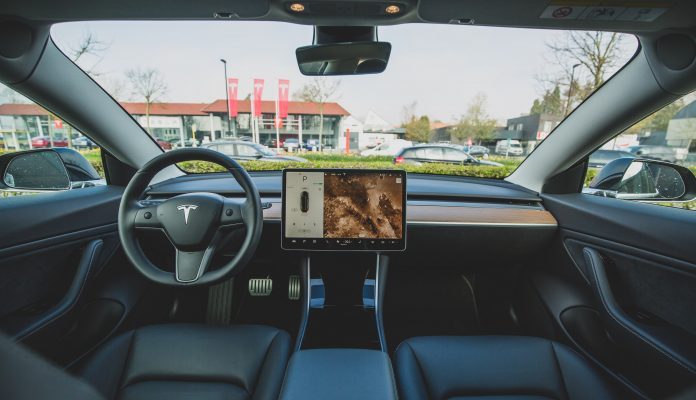The roll-out of Tesla’s data insurance product is well underway in the US, promising its safe-driving customers up to 60% off their premiums, and freedom from being judged by conventional underwriting factors such as age and gender. But what will the impact on the rest of the market be? And will the venture last?
Austin-based Tesla began rolling out its real-time data auto insurance product earlier this year. It is now available in eight states: Arizona, California, Colorado, Illinois, Oregon, Ohio, Texas, and Virginia. There are programmes also pending in Maryland, Florida, and New Jersey.
The product uses a safety score system based on driving data collected in real time from Tesla vehicles, based on driving behaviours such as braking and following distances. The company has claimed its premium can deliver savings up to 20 to 30% for drivers, going up to 60% for the safest of drivers.
However, the question has been raised on whether Tesla’s expansion into the auto insurance market will be successful, or if it’s just another whimsical venture of its founder and CEO Elon Musk.
Warren Buffet, whose Berkshire Hathaway conglomerate owns the insurance company Geico is betting against Tesla. Buffet reportedly said that an automaker is as likely to fail in the insurance business as an insurer is likely to fail in making cars. “It’s not an easy business at all… I would bet against any company in the auto business being any kind of an unusual success.”
Sure enough, not long after making this comment, a woman filed a claim against Geico, saying she contracted a sexually transmitted infection whilst having sex in the car of a man insured by the company. The claim could see Geico pay up to $5.2m in damages if it holds up. Musk himself dubbed the claim “insane” and called for legal action against law firms pursuing such “crazy” claims.
Musks’ voice is one with influence, this should not be underestimated. Last year, he announced Tesla would not accept Bitcoin, and the cryptocurrency consequently fell by 10%. The Tesla CEO also recently came under fire for driving up the price of Dogecoin through promotional tweets and other social media. He now faces a $258bn lawsuit from Dogecoin investor Keith Johnson for defrauding him through a ‘crypto pyramid scheme’.
So, in such a challenging sector, what are Tesla’s chances? Moreover, with its leader influencing markets with each tweet he makes, how will its entrance to the market affect the rest of the industry?
A “game changing” entrant
According to Shyam Bhatt, head of solution engineering at Quantexa, Tesla is a “game-changing entrant” into the motor insurance market. Whether it is destined for success however, depends on what exactly that looks like for the company: is it to make a profit? Or to understand its customers more, with the outcome being either cross-selling or upselling more Teslas?
Bhatt seems to agree with Buffet’s sentiment that it is not an easy business. “Motor insurance rarely makes a profit.” The premiums will be well judged based on Tesla’s driver score, but Bhatt said the company has a history of overshooting operational costs so this could jeopardise its profits. In fact, Tesla just recently made the headlines as Musk called its factories in Berlin and Austin ‘money furnaces’, losing billions of dollars due to the supply issues in China.
The driver safety score, according to Jimmy Spears, head of automotive at InsurTech Tractable, ignores all other conventional methods of underwriting, such as age, driving record or credit score. “This single data point generated by how the car is driven is a double-edged sword: a habitually impaired driver could drive safely at times but could cause a tremendous accident involving property damage and injuries while paying a low premium.”
This unique safety score, even if it is attractive to consumers, however, will not be enough to guarantee success for Tesla. Rory Yates, head of strategy for EMEA and Asia Pacific at InsurTech EIS pointed out that they are not the only manufacturer looking to deploy data and telematics to avoid risk and provide a more customer-centric service. 1st CENTRAL, a provider of technology-enabled insurance services, and Cambridge Mobile Telematics (CMT), a telematics service provider, recently teamed up to bring this capability to cars via an insurance offering.
Brand loyalty
Tesla does have a not-so-secret weapon up its sleeve though: its brand. “Tesla sells more than just cars; they sell a luxury experience and have a unique business model,” said René Schoenauer, director of EMEA product marketing at Guidewire. Part of its brand is also its green energy focus. “Since the beginning, their focus has been placed on green energy. Adding insurance to their offering is another step towards the completion of a holistic mobility product,” Schoenauer said.
Moreover, Quantexa’s Bhatt said that Tesla’s customers are loyal to the brand and its way of working. The company has a customer-centric way of working all the way down to its technology used in its cards, to the stores that are made to improve customer experience.
Further still, the perception of Tesla as an affluent and aspirational brand has attracted more wealthy customers, who also tend to have a lower underwriting risk profile. It has been suggested this could help the company’s profit margins.
As Tesla opens up to more affordable cars in future, however, could this jeopardise its profits and success?
Firstly, Tractable’s Spears pushes back on the perception that the more affluent purchasers of Tesla have a more attractive risk profile. He said this is embedded in conventional thought that credit rating, age, and driving history matter – but Tesla’s safety score contends they do not.
Quantexa’s Bhatt said that this safety score allows the company to write better business and profile its customers better. Therefore, they will be in a better position due to the amount of information they collect, leverage, and utilise for pricing – not because of who is driving the car. This will remain true if the company begins to offer lower priced vehicles in the future.
The impact on incumbents
According to Bhatt, the way that Tesla works for the consumer will be a threat to the auto insurance market. “It will elevate expectations for what the insurance journey should look like for the end consumer.”
“Whilst it may also take away premiums from insurers – Tesla (and Musk) has been disruptive and revolutionising in all industries from Paypal to challenging Detroit City in the motor market. Insurance will be a new frontier that no doubt Tesla will be at a minimum challenging incumbent on how they write business for the end consumer.”
Tractable’s Spears seems to agree that Tesla does have several key advantages. The first of which is that it sells the product at the point of sale, this provides the company with sole access to the consumer at the very moment they are poised to shop or quote a policy. Its exclusive access to the consumer is compounded by its safety score.
In addition, Tesla is building a body repair network and training its staff how to repair the product. Spears said this provides a further advantage in that it will allow the customer to test drive a new product whilst their old one is repaired, keeping them well away from a competitor’s product. Further still, the company has deep pockets to invest in innovation and take risks that other conventional players do not.
On the flip side, Guidewire’s Schoenauer said the nature of the embedded offering could represent an opportunity, not a threat to insurers who are geared up to help automakers build in this benefit for customers.
He suggested that Tesla’s appeal could be over-inflated. Guidewire conducted a survey on UK customers last year, and almost one in three said they felt most comfortable buying insurance from an insurer, rather than a non-insurance brand. “These findings reveal that non-insurance brands providing insurance to customers is not necessarily a threat to incumbents in the market, rather it opens an opportunity for embedded insurance products.”
Will it last?
Even though auto insurance “is not an easy business at all”, according to Buffet, it seems there is potential for things to go either way with Tesla, and it may be too soon to tell exactly which way that is.
If the next two or three years go well, Tractable’s Spears said, Tesla will still be selling insurance in the next ten years. “This could be a great experiment by the highest-valued car manufacturer on earth. If the Safety Score single rating data point does not succeed or if policyholders go back to their incumbent carrier with the rest of their insured assets, it could predict the end of Tesla Insurance.”
Quantexa’s Bhatt sees Tesla’s auto insurance offering as a long-lasting venture. He said selling insurance alongside the product is creating a set of consumers that are more tied to the brand, meaning they will be less inclined to move away from Tesla. “This is similar to Apple, by linking phones, tablets and computer devices together to sell more of each.”
Musk’s motivation may be to sell more Teslas, sell more features for Teslas or to sell Tesla linked items in the future, he added, but regardless, the end impact to the insurance company will not change: consumers will now expect more from their insurers moving forward.
Read the article here.
Copyright © 2022 FinTech Global


